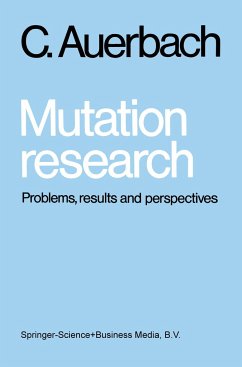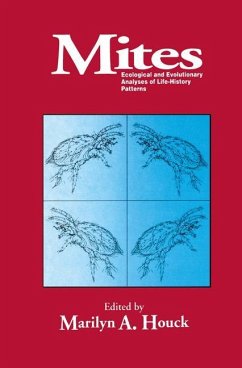This book is intended for the senior undergraduate (Honours student) in genetics, and for the postgraduate who wants a survey of the whole field or information on a special area within it. In order to cater for readers with such different requirements, I have made the list of references unusually large for a textbook. It includes classical papers as well as very recent ones (to the end of 1974); reviews as well as specialized articles; elementary expositions from Scientific American as well as highly technical papers from journals on genetics and molecular biology. In areas of active research, I have given preference to the latest references, which will lead the reader to earlier ones. In addition to the references at the end of each chapter, a bibliography at the end of the book lists relevant books and general reviews. Apart from the first chapter, the book is not written as a history of mutation research; but throughout I have tried to emphasize the continuity of the problems,concepts and ideas. The reader will find many examples of this. Muller's once famous and then almost forgotten classification of genes by their action has now been given biochemical reality by studies of gene action in vitro. The problem of whether mutations can arise in non-replicating genomes is one of the oldest in mutation research; yet an unequivocal solution was obtained only recently with bacteriophage.








